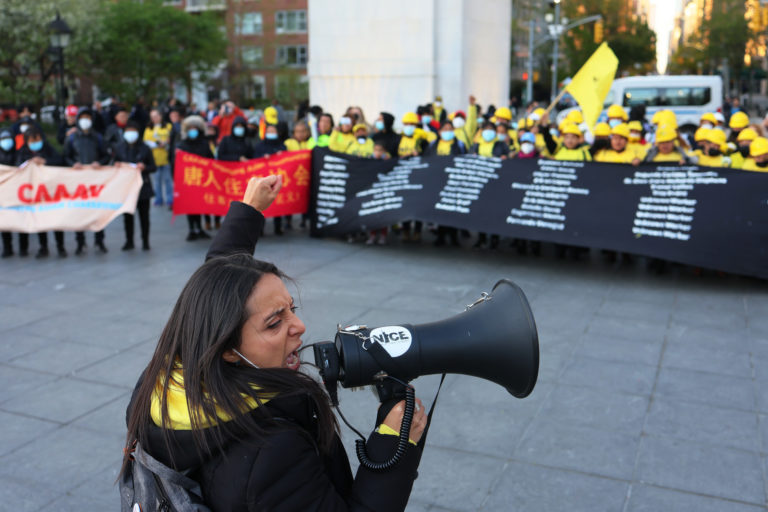
Andrew Strom is a union lawyer based in New York City. He is also an adjunct professor at Brooklyn Law School.
According to the sworn testimony of former FBI Director James Comey, President Trump pulled him into a private meeting in the oval office and said, about the FBI’s ongoing investigation of former national security advisor Michael Flynn, “I hope you can let this go.” One question raised by the testimony is whether it was reasonable for Comey to interpret President Trump’s statement as a directive. While labor law does not have a direct answer, the National Labor Relations Board has held that when a company president expresses his “hope” to a worker, it can be coercive.
In a 1995 case, KNTV, Inc., the company president had a private meeting with a reporter where the president told the reporter, “I hope you won’t continue to be an agitator or antagonize the people in the newsroom.” The NLRB found that the statement was coercive in large part because it was made by the company’s highest ranking official and it was made in a meeting that the reporter was required to attend alone. Sound familiar?
In other words, the expert agency that regularly adjudicates disputes about whether particular statements by an employer rise to the level of coercion has held that when the president of an organization expresses his “hopes” in a private conversation with a worker, those comments will likely have a “chilling effect” on the employee.










Daily News & Commentary
Start your day with our roundup of the latest labor developments. See all
December 21
Argentine unions march against labor law reform; WNBA players vote to authorize a strike; and the NLRB prepares to clear its backlog.
December 19
Labor law professors file an amici curiae and the NLRB regains quorum.
December 18
New Jersey adopts disparate impact rules; Teamsters oppose railroad merger; court pauses more shutdown layoffs.
December 17
The TSA suspends a labor union representing 47,000 officers for a second time; the Trump administration seeks to recruit over 1,000 artificial intelligence experts to the federal workforce; and the New York Times reports on the tumultuous changes that U.S. labor relations has seen over the past year.
December 16
Second Circuit affirms dismissal of former collegiate athletes’ antitrust suit; UPS will invest $120 million in truck-unloading robots; Sharon Block argues there are reasons for optimism about labor’s future.
December 15
Advocating a private right of action for the NLRA, 11th Circuit criticizes McDonnell Douglas, Congress considers amending WARN Act.